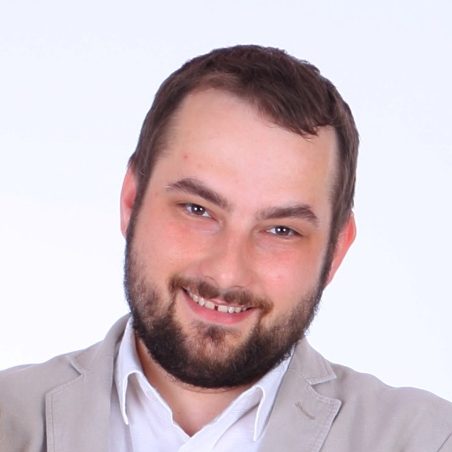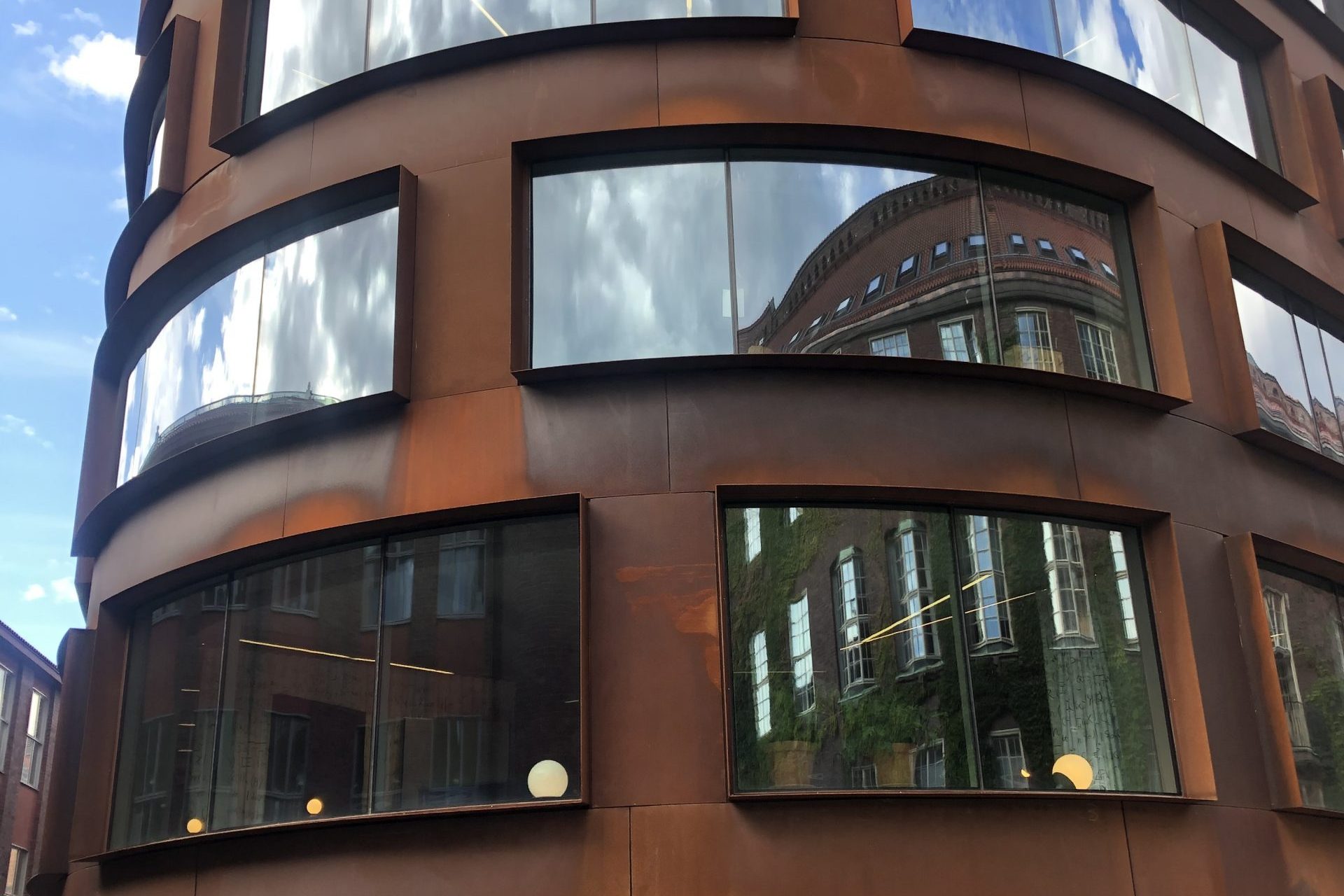Date and time: 17 May 2022, 15:00 – 16:00 CEST (UTC +2)
Speaker: Oskars Ozoliņš, Kista HST-Lab, RISE
Title: High Baudrate Short Reach Optical Communication for Datacenters
Zoom: https://kth-se.zoom.us/j/69560887455
Meeting ID: 695 6088 7455
Password: 755440
Watch the recorded presentation:
 Abstract: Fast, reliable, and secure exchange of information is a must for modern society and requires access anywhere. The Internet today transmits hundreds of terabits per second, consumes 9% of all electricity worldwide, and grows by 20–30% per year. Emerging technologies for Datacenters experience enormous traffic growth due to the vast amount of data to be stored, transmitted, and processed. Technical and economic challenges arise to keep up the bandwidth density and scalability in Datacenters. Therefore, the community is looking into a cost-efficient solution for short-reach optical interconnects.
Abstract: Fast, reliable, and secure exchange of information is a must for modern society and requires access anywhere. The Internet today transmits hundreds of terabits per second, consumes 9% of all electricity worldwide, and grows by 20–30% per year. Emerging technologies for Datacenters experience enormous traffic growth due to the vast amount of data to be stored, transmitted, and processed. Technical and economic challenges arise to keep up the bandwidth density and scalability in Datacenters. Therefore, the community is looking into a cost-efficient solution for short-reach optical interconnects.
Currently, the industry is deploying a solution for 400 Gigabit Ethernet links. In my lecture, I will highlight the main challenges and opportunities of using high bandwidth devices to build high-speed communications for Datacenters. I will present the results of experimental studies using intensity modulation and direct detection systems for short-reach optical interconnects. High bandwidth devices allow for reducing costs, power consumption, and complexity of parallelism for optical interconnects. Finally, I will discuss the efforts of improving the performance of optical interconnects to build 800 Gigabit Ethernet and 1.6 Terabit Ethernet links for Datacenters. Optical interconnects operating at the highest data rate for each high-speed device are required to confront the growing bandwidth density and scalability in Datacenters.
Bio: Docent Oskars Ozoliņš is a Senior Scientist at the Kista High-speed Transmission Lab (Kista HST-Lab), RISE Research Institutes of Sweden. He is also a Senior Researcher at the Department of Applied Physics, KTH Royal Institute of Technology. Docent O. Ozoliņš is an Academician (foreign member) at the Latvian Academy of Science. He is also the Latvian Council of Science Expert in Committees: Engineering, Computer Science, and Physics. His research interests are in the areas of digital and photonic-assisted signal processing techniques, high-speed short-reach communications and devices, optical and photonic-wireless interconnects, and machine learning for optical network monitoring and Quality of Experience prediction.
In his professional career, Docent O. Ozoliņš has been a guest researcher at III-V Lab (Nokia Bell Labs and Thales, France), Keysight Technologies (Böblingen Germany), DTU Fotonik (Technical University of Denmark, Denmark), IDLab (Ghent University – imec, Belgium), OFO (KTH Royal Institute of Technology, Sweden), and FOTON laboratory (University of Rennes 1, France). In total 265 days for external stays.
Docent O. Ozoliņš is a coholder of several world records reported at conference post-deadline sessions: (1) on optical amplification free highest baud rate for 200 Gbps OOK transmitted with single integrated externally modulated laser at OFC2022, (2) on highest real-time duobinary transmission at ECOC2016, (3) on single-transmitter/single-receiver THz link (0.3-0.5 THz) with a record net data rate of 260 Gbps at IPC2016, (4) a first multigigabit throughput transmission of 9-µm QCL based FSO link in room-temperature with multilevel modulation formats at OFC2022. He is the author of around 222 international journal publications, conference contributions, invited talks/tutorials/keynote/lectures, patents, and book chapters (h index 21, citations 1524).
He has more than 13 years of experience in supervising students. He has supervised 36 bachelor’s students, 23 master’s students, 5 PhD students, and 3 postdocs.
Docent O. Ozoliņš is a Technical Program Committee (TPC) member of the ECOC2022, Basel Switzerland. He is also a TPC member of OFC2023, Sandiego California, USA.





